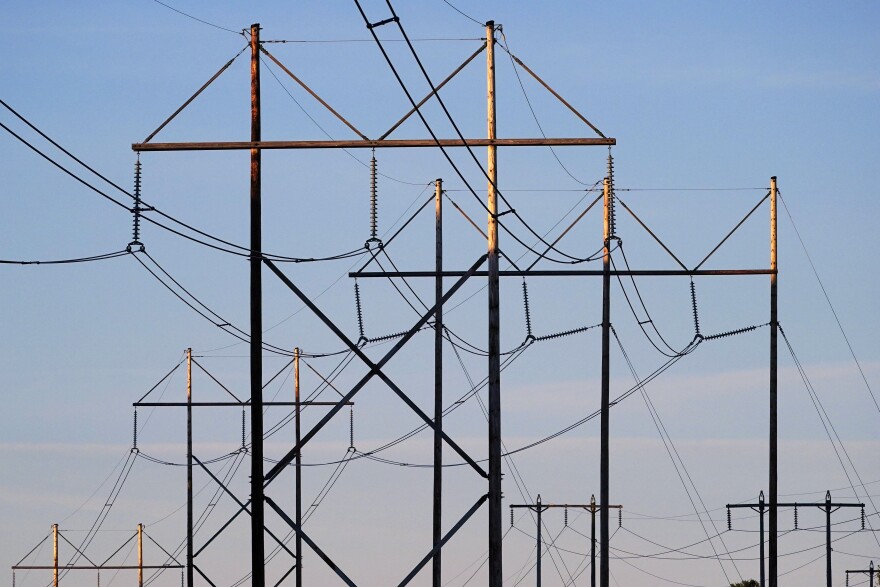Energy experts say New England's power grid must reduce its reliance on natural gas, and to plan for extreme winter weather. Fears about a harsh winter are prompting the Federal Energy Regulatory Commission to ask ISO New England, the grid operator, to work with states to move away from natural gas.
Energy officials in Maine say 24% of the state's electric grid is powered by wind, yet New England as a region is still overly dependent on natural gas to heat and electrify homes and businesses. And they say the war in Ukraine is disrupting supplies and causing price spikes that could impact the grid's ability to meet power demands this winter.
Jeremy McDiarmid, policy and government affairs vice president at the New England Clean Energy Council, said he's optimistic renewables and energy storage will replace fossil fuels some day.
"I think it can't happen fast enough and we need to keep pushing. We need to create policies that create market conditions that help companies thrive and make that transition as fast as possible," McDiarmid said.
ISO-New England says "the risk it is most concerned about involves periods in which pipeline gas is unavailable and it has utilized all the stored fuels in the region. To head off or limit these conditions, the agency wants to reduce consumer demand with an aim of making those stored fuels last longer."
Maine Public Utilities Commission Chairman Phil Bartlett says action is already being taken to ensure adequate natural gas supplies can be delivered this winter.
"One of barriers to getting natural gas brought in in the winter is the Jones Act that limits foreign ships coming to port to deliver natural gas," Bartlett said. "We've certainly, as a region, been in touch with Washington to obtain a waiver if things get really really tight."





